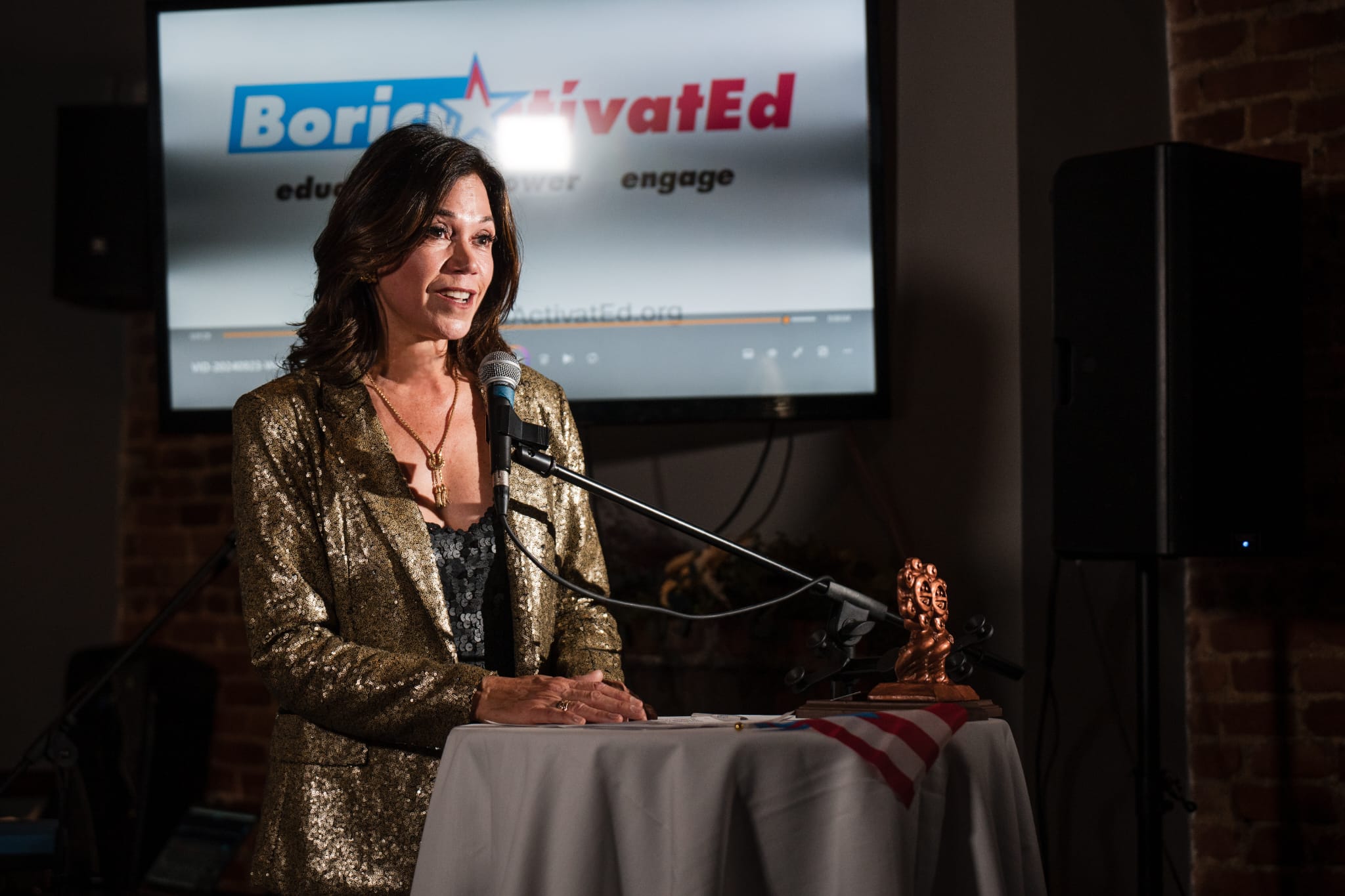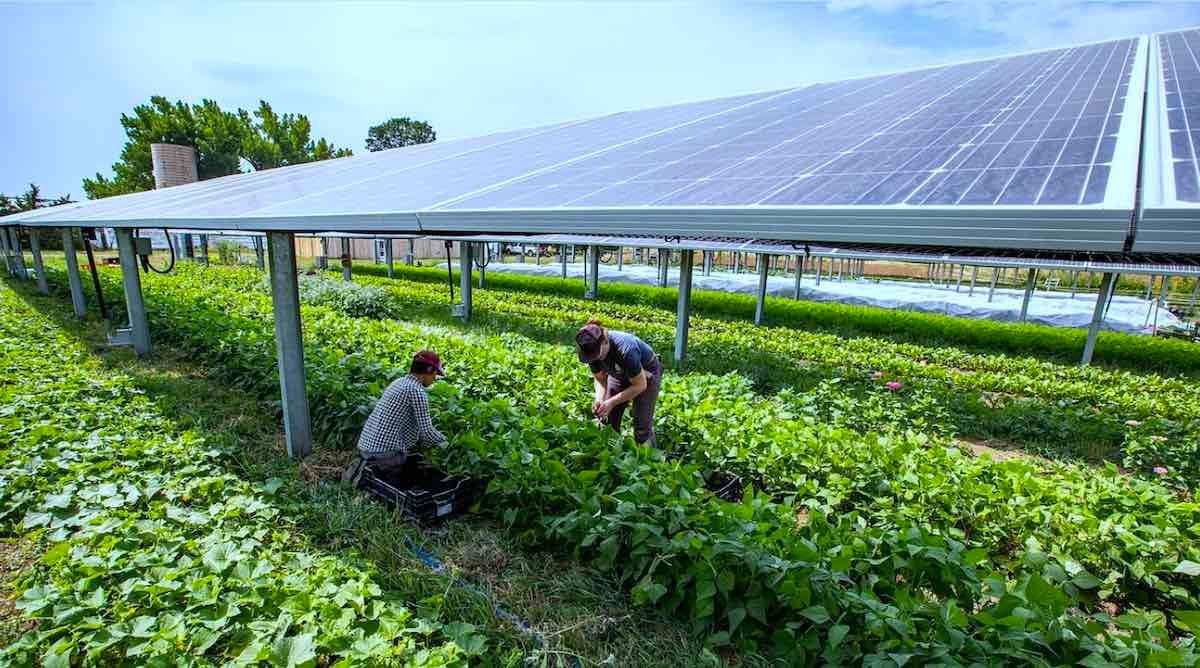Puerto Rico coronavirus statistics for April 19
According to the Puerto Rico Health Department, 232,142 people are believed to have been infected with COVID-19, an increase of 13,525 since April 12. This points to a dramatic increase in the rate of new cases, as the increase between April 5 and April 12 was 8,973. The rate of deaths more than doubled this week: the death toll is currently 2,207, with 52 of those registered in the last week. Comparatively, 24 people died from the virus between April 5 and April 12.
Beginning on November 7, the Health Department changed the way it recorded cases, splitting them between confirmed cases (as determined by molecular diagnostic testing), probable cases (as determined by antigen testing) and suspicious cases (as determined by serological, non-diagnostic testing). Viewed through that prism, Puerto Rico has had 108,864 confirmed cases, 14,185 probable cases, and 109,093 suspicious cases since the virus arrived on the Island.
There are currently 531 people hospitalized due to COVID, an increase of 144 since last week and an increase of 376 from the number seen on March 1. Vaccination efforts continue to ramp up on the Island, with everyone sixteen or older eligible to obtain it.
Given the spike in new cases, various entities have begun implementing or considering new measures:the mayor of Ponce, for example has issued a new municipal executive order to curb certain outdoor activities. Additionally, faced with a deluge of people entering the Island, the central government is considering implementing stricter controls, based on the Hawaii model. However, the central government remains reluctant to implement all possible measures: earlier in the week, Governor Pedro Pierluisi ruled out closing beaches as a response to the virus, claiming that his latest executive measure was sufficient to bring numbers back down.
Federal government eliminates all restrictions on CDBG-DR funds
Governor Pedro Pierluisi announced on Sunday, April 18 that the federal government has eliminated all restrictions placed by the Trump Administration on the $8.2 billion in Community Development Block Grants-Disaster Recovery funds assigned by the U.S. Department of Housing and Urban Development (HUD) to Puerto Rico following Hurricane Maria. These restrictions included the requirement that a federal financial monitor oversee the assignment of additional funds, and that the Financial Oversight and Management Board (FOMB) certify that the proposed uses of the funds complied with Puerto Rico’s fiscal plan and budget. Also eliminated is the requirement to use the Disaster Recovery Grant Reporting (DRGR) System to report on performance and access to grant funds.
Mayors representing both major parties praised the announcement, including Villalba mayor Luis Javier Hernández, who also heads the Puerto Rico Mayors’ Association. He said that efforts would now be aimed at ensuring that the majority of funds go directly to municipalities.
House holds Puerto Rico status hearing
The Natural Resources Committee of the U.S. House of Representatives held its scheduled hearing on Puerto Rico’s status last Wednesday, focusing on two current legislative proposals: Darren Soto (D-FL) and Resident Commissioner Jenniffer González’s statehood-centered Puerto Rico Statehood Admission Act (H.R. 1522) and Nydia Velázquez (D-NY) and Alexandria Ocasio-Cortez (D-NY)’s more open-ended Puerto Rico Self-Determination Act of 2021 (H.R. 2070). It was the first hearing on the Island’s status in six years.
Witnesses included Governor Pedro Pierluisi, who supports the Soto/González bill. In his written statement, he attacked the Velázquez/Ocasio-Cortez bill and its contention that Puerto Rico, in contrast to Washington D.C., “has an unique Caribbean heritage that existed long before it was forcibly seized by the United States”, comparing that claim to that “used by racist and xenophobic Justices of the Supreme Court in the early twentieth century that decided the infamous Insular Cases.” When asked about the prospect of Puerto Ricans having to pay federal income taxes, Pierluisi noted that a considerable number of the Island’s residents would not pay them, presumably because they would not meet the minimum income required to pay taxes.
Former Puerto Rico Governor Anibal Acevedo Vilá spoke in favor of the Velázquez/Ocasio-Cortez bill and argued that the 52.5% obtained by the statehood option during the referendum held last year did not represent a mandate. His views were mirrored by Manuel Natal Albelo of the Citizen Victory Movement.
The hearing concluded with a statement by Natural Resources Committee Chairman Raúl Grijalva (D-AZ) stating that “there is division—not just division in Puerto Rico in terms of opinion over statehood or another status, but there are also differences of opinion within Congress.” He also indicated that the Committee had called on the Justice Department to provide a statement on both bills. A second hearing, which had been tentatively scheduled for April 20, has since been postponed to an undetermined date.
Share
STAY IN THE LOOP
Subscribe to our free newsletter.
La organización BoricuaActivatEd celebró su séptimo aniversario con reconocimientos al líder de la red evangélica Esperanza y de la comunidad boricua de Filadelfia, Luis Cortés, y el legendario artista Antonio Martorell. Cortés, premiado por su
tudy: Economy leading factor for Puerto Ricans moving to Florida A new survey unveiled Monday in Washington, D.C. sheds new light on factors contributing to Puerto Ricans moving to the state of Florida. The Puerto
New federal funds for solar, battery storage announced The Department of Energy (DOE) on Thursday announced a conditional commitment to finance new solar and battery storage facilities on the southern coast of Puerto Rico. The investment




